The start of college basketball season is more about questions than answers. And this is particularly the case for the 2013-14 Memphis Tigers, who are coming off a season that saw them finish 31-5, including an undefeated 16-0 record in their final season in Conference USA. The Tigers also won the C-USA tournament, and one game in the Big Dance, over St. Mary’s, before bowing to a bigger and stronger Michigan State team in the round of 32. This year’s team is an intriguing mix of veteran guards and heralded and untested recruits at numerous positions. Adding to the intrigue is the fact that the University of Memphis will be playing in the newly formed American Athletic Conference, a much tougher league.
So let’s get to those questions.
1: How will Joe Jackson be remembered?
The “King of Memphis” is finally a senior? A certified city legend at White Station High School, Jackson first donned a Tiger jersey in 2010 with expectations that approached those of Penny Hardaway a generation earlier. Has he met the standard? Jackson was named MVP of the Conference USA tournament as a freshman and sophomore, then earned the league’s Player of the Year honor last season (when he led Memphis with 13.6 points and 4.8 assists per game). Entering the season with 1,209 career points, he should finish his career comfortably in the program’s top 10. (If he matches his 490 points of last season, Jackson would rank sixth.) With 187 assists (he had 173 last year), Jackson would become only the fourth Tiger to reach 600 for his career. “Kings” play on the NCAA tournament’s second weekend, though, and Jackson has yet to reach that sweet territory. A legacy waits to be defined.
2: Can Josh Pastner coach in the deep end?
Like his predecessor, John Calipari, Pastner ran roughshod over the kiddie pool that was Conference USA, winning the last three tournament championships and the last two regular-season titles, going 19-0 in league play last season, the Tigers’ farewell tour before joining the AAC. Pastner’s record against teams from the traditional power conferences — ACC, SEC, Big 10, Big 12, Pac 12, and former Big East — isn’t as stellar: 7-15 (with three of those wins against a Tennessee program struggling for relevance since Bruce Pearl’s dismissal in 2011).
Pastner will spend his fifth season as a head coach armed with a fat contract extension and staring at a schedule that features at least four games against coaches who reached the Final Four before he entered high school (Louisville’s Rick Pitino and SMU’s Larry Brown). His Tigers will face five programs that hang national-championship banners above their courts: Oklahoma State, Florida, Cincinnati, Connecticut, and Louisville.
“Our non-conference schedule will allow us to be tested for the American,” Pastner says. “We’ll know early what we need to do to get better, what our strengths and weaknesses are. We have no margin for error when you look at our schedule. We’re going to have to stay at a high level and take [an opponent’s] best shot. We were up 18 on Louisville [last December], and they didn’t stay down.”
3: Can a basketball team have too many freshmen?
The Tigers’ 2013 recruiting class — led by a pair of local five-star recruits, Austin Nichols (Briarcrest) and Nick King (East) — has been ranked as high as second in the country (by ESPN and Scout.com). Add five more frosh — forward Kuran Iverson should be in the rotation on opening night, and center Dominic Woodson is the largest player on the squad — and two senior transfers, and the University of Memphis will feature nine players on its roster who did not wear blue and gray a year ago. Not since the 1972-73 season has a Tiger team welcomed so many new faces at once. Presuming Pastner goes with an eight-man rotation once the season is in full swing, there are four or five players who may not be happy with their playing time come New Year’s Day. Whether or not player disgruntlement creeps into the season’s narrative will be a contributing factor to how deeply into March this team might play. By the way, that 1972-73 team fell one Bill Walton short of a national championship.
4: Is “rookie leadership” an oxymoron?
David Pellom (a transfer from George Washington) and Michael Dixon (from Missouri) will play as seniors for the Tigers this season. They’re “one-and-done” players from the other side of the eligibility spectrum, squeezing in one final college season in a new program before exploring pro careers. Pellom averaged 10.4 points and 6.1 rebounds last year for a GW team that struggled to a 10-21 record. Michael Dixon won the 2012 Sixth Man Award in the Big 12, averaging 13.3 points off the bench in Tiger stripes of a different color. (Dixon sat out the 2012-13 season, having faced allegations of sexual assault. No charges were ever filed.) Can two veterans — introduced from different basketball worlds — help shape the personality of this year’s team?
“At GW, I was a rebounding guy,” Pellom acknowledges. “Only thing I can do is carry it over here. I’m a leader, very enthusiastic on the court, an athletic guy. [Coach Pastner] tells me in practice to always be talkative, to push the young guys, to hustle. He’s big on 50-50 balls. Get on the floor. It’s big-time basketball here. In D.C., we weren’t the primary team. Here, we’re as big as the Memphis Grizzlies.”
Dixon is especially grateful for the new basketball life he’s been granted by the NCAA and U of M. And he relishes being part of the backcourt band that will lead this team. “We don’t have a ceiling,” he says. “We have a lot of young guys who are talented. It’s our job as seniors to bring [the freshmen] along the way. The teams I played for at Missouri were a collective unit. We shared the ball, played together. Here, we have so many different skills and talents. So much more than at Missouri. But talent alone doesn’t win games. We’ve got a lot of guys coming out of high school, and you don’t have to play much defense in high school. Every possession matters in college. And you’ve got to be coachable. I’m ready to do whatever’s asked of me to help us be one of the top teams in the country.”
5: Can a lighter Shaq Goodwin be a stronger player?
Goodwin arrived on the U of M campus a celebrated McDonald’s All-American, then finished seventh on the team in scoring (7.4 points per game) and, more disturbingly, fifth in rebounding (4.4). Eliminating his daily trips to a certain fast-food establishment, Goodwin shed no fewer than 40 pounds since playing his last game as a freshman for the Tigers. If you ask him, his smaller size will result in bigger impact.
“When I was 270 pounds, I couldn’t touch my toes,” Goodwin says through his ever-present smile. “It just didn’t feel right. I have a quicker bounce now, a better first step. I get lower on rebounds, initial contact. It all started with the Michigan State game [in the NCAA tournament]. After losing, I sat down with Coach [Pastner]. If I wanted to get where I want to be, I had to change myself. I’m not heavier, but I actually feel stronger.”
Adds Pastner, “Shaq is a different person, in an unbelievable way. His conditioning is superior. He didn’t make the [U19] national team because the coaches felt he clowned around too much. But he realized that his way didn’t work. He’s a totally different guy.”
6: Just how strong is the Tiger backcourt?
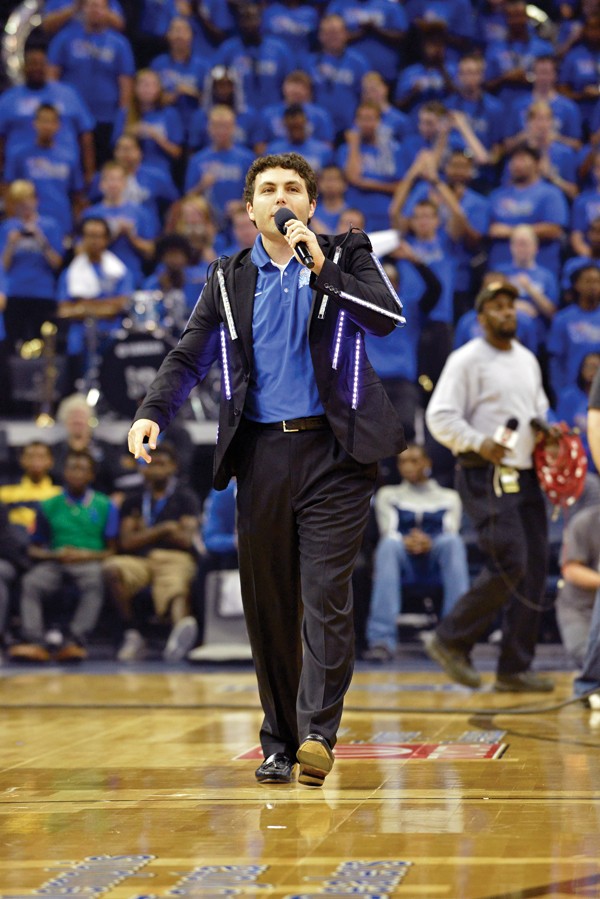 Larry Kuzniewski
Larry Kuzniewski
Head Coach Josh Pastner
Pastner likes to share the fact he has four senior guards at his disposal, each with a 30-win season under his belt. In the world of college basketball, where guard play has dominated for the better part of three decades, this is a full quiver. “I hope to be a coach ’til I’m 70 or 75,” Pastner says. “That’s another 30 or 35 years. I don’t know if I’ll ever again be in a position where I have four high-level senior guards. Not this level. It’s a privilege to coach them, and they’re very talented. But we have to produce on the floor. The expectations don’t guarantee wins. We have to take full advantage of having these seniors. And they’ll have to step up when the bright lights are on.”
Pastner welcomes the challenge of finding playing time for Jackson, Dixon, Geron Johnson, and Chris Crawford, noting that he’d play five guards at once if that will help the Tigers win a game. He points out the group’s unselfishness, noting that Jackson, Johnson, and Crawford each had more than 100 assists last season. The addition of Dixon could mean intangible benefits, both for the backcourt band and the entire team. “Michael’s unselfish, and he communicates,” Pastner says. “He gets after it on defense, and that’s always a positive.”
7: How important is November?
Some tropical-island trips are better than others. When the Tigers lost their first two games at the Battle 4 Atlantis tournament in the Bahamas last year — dropping their record to a repulsive 2-2 — you would have thought pork shoulder had been banned in Memphis, Tennessee. It took 22 wins in their next 23 games — hello, C-USA! — to persuade Tiger faithfuls that a leap from the Hernando DeSoto bridge wouldn’t ease their troubles.
After opening against Austin Peay at FedExForum on November 14th, the Tigers will travel to Stillwater, Oklahoma, to face Oklahoma State on November 19th. They’ll play three games over Thanksgiving weekend (sound familiar?) at the Old Spice Classic in Orlando, where Siena, LSU, and St. Joseph’s will be in the Tigers’ bracket. Yes, a couple of early-season losses are quite possible. Beyond damage to the team’s ranking, though, pre-winter stumbles are hardly catastrophic.
8: Does a band of native Memphians help or hurt the Tiger cause?
Jackson (White Station) and Chris Crawford (Sheffield) will be the first pair of local products to play four years together as Tigers since Cedric Henderson and Chris Garner from 1993 to 1997. With the addition of King, Nichols, and Markel Crawford (Melrose), the Tigers could see as many as five native sons in their rotation. Does the local talent make a college team distinctly part of its community, or might the pressures of playing on such a bright stage in front of family, friends, and all things familiar compound and complicate the task of winning a championship?
When I asked Markel Crawford about his favorite player growing up, he lit up with a smile and said, “Penny Hardaway.” Hardaway played his last game as a Tiger more than a year before Markel was born. When asked about his thoughts on wearing a Tiger uniform for the first time, Nichols paused then responded, “It will be an honor.”
Tiger basketball runs deep in Memphis and stretches back well beyond the lifetimes of current players. “In this day and age,” Pastner says, “you can be connected [with players far and wide] via Facebook or Twitter. But it’s a tremendous positive, having a great recruiting base in our backyard. That doesn’t mean we’ll sign every kid from Memphis. There could be times when it’s not the right fit. When it is the right fit, though, it’s a no-brainer for the student-athlete to play at the University of Memphis.”
9: Are the Tigers a tougher team than they were last season?
We’ll let Pastner take this one: “We are not a smash-mouth team. We’re better when we’re trying to score in the 80s or 90s, where we can play as fast as possible. Michigan State kicked our butts, but we hit a segment in the second half of that game where we could not score. We have to be able to score when teams force us into smash-mouth games. You don’t have to be big to be tough. It’s rebounding, getting 50-50 balls. Diving on the floor. You need to have the mentality of toughness.”
Adds Goodwin, “This team has no choice but to be mentally tough. We’ve gone through defensive boot camp, starting at 6 in the morning. The four senior guards we have, they’re staying on everybody to be mentally tough.”
10: What will constitute a successful 2013-14 season?
The Tigers will not win 31 games this season, and they won’t go undefeated in conference play. Still, they may be a more memorable team than the one of a year ago. Beat a marquee team (Oklahoma State, Florida, or Gonzaga among non-conference foes), win a big conference game on the road (at Louisville, UConn, Cincinnati, or Temple), or win 22 or 23 games with the schedule they’re facing, and the Tigers could end up with a higher seed than the number six they landed last March as Conference USA champions. And landing a higher seed would be a major step toward a return to the Sweet 16 for Memphis, territory Josh Pastner has yet to see as a head coach.
We’ll leave the last word to Chris Crawford. “Time moves fast,” he says. “Joe and I are the last ones here from our freshman class. We want to make our last year together the best one.”
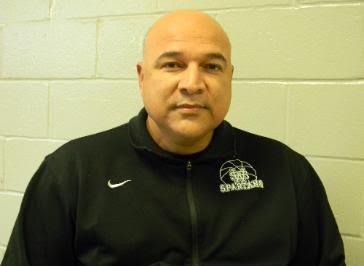

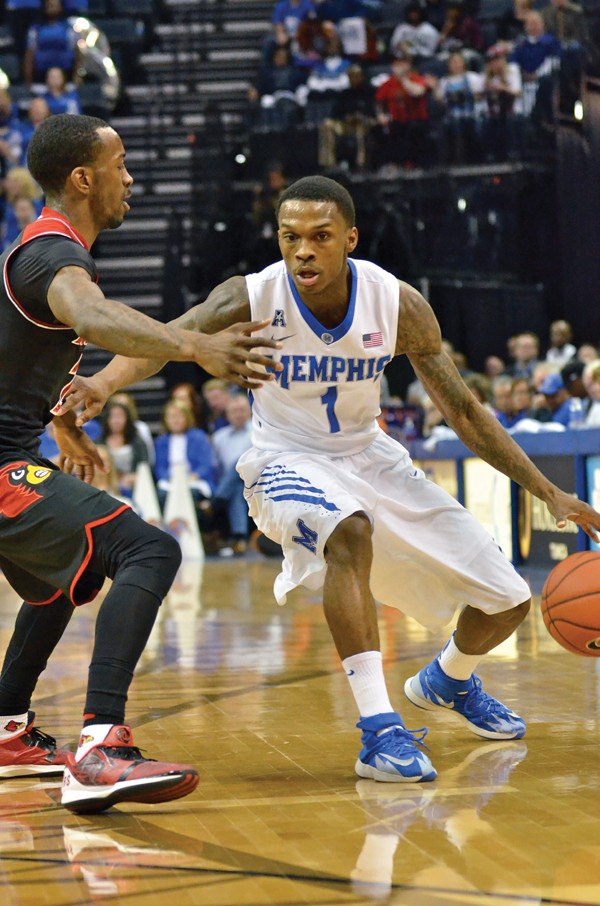 Larry Kuzniewski
Larry Kuzniewski 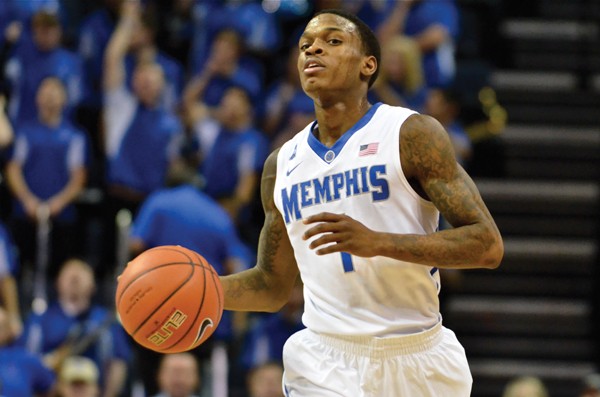 Larry Kuzniewski
Larry Kuzniewski 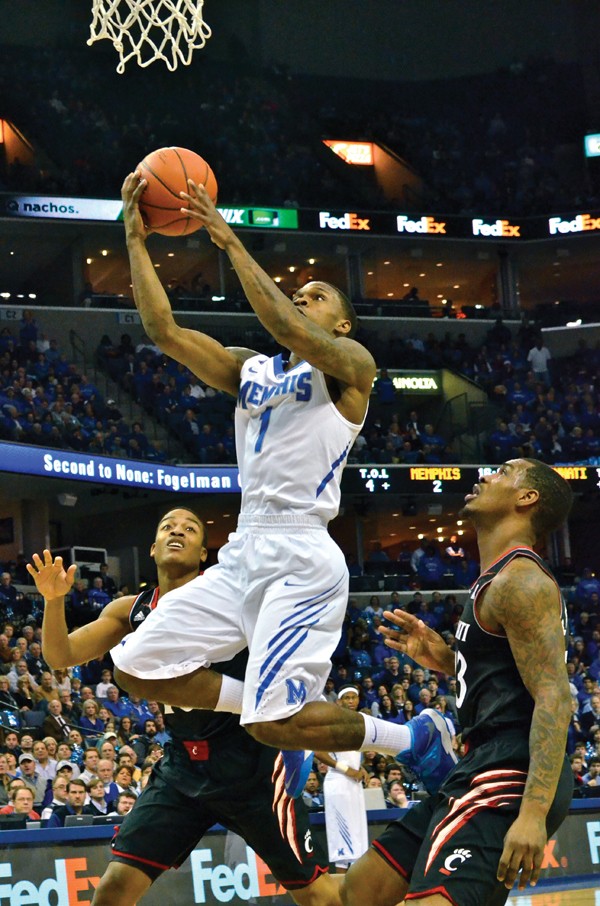 Larry Kuzniewski
Larry Kuzniewski 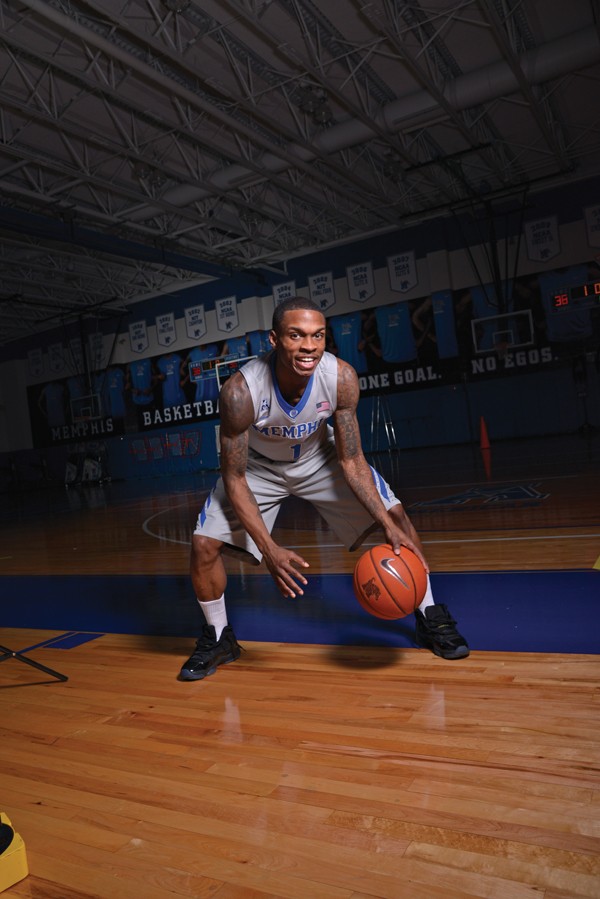 Larry Kuzniewski
Larry Kuzniewski  Larry Kuzniewski
Larry Kuzniewski